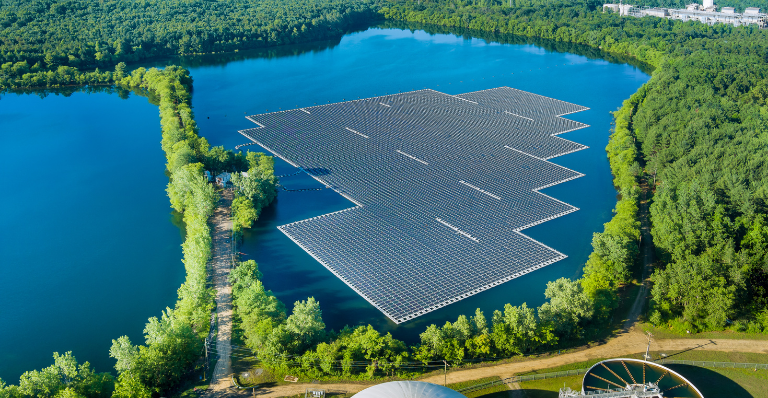
How innovative Technology is supporting slowing global warming.
With the world recently focused on Glasgow and the COP 26 Glasgow Climate Change Conference, we thought it timely to take a look at the role that Tech is playing in supporting the critical work required in slowing global warming.
“Tech” is obviously used in the broadest sense as the all-embracing science behind the incredible innovations taking place in so many aspects of our ecosystems that contribute to a healthy planet. We already have low cost solar, wind and hydropower solutions making a real contribution and impact, and looking ahead, Tech is playing a key role as the enabler behind all of these exciting new developments. The following five examples are indicative of the creativity, progress and ingenuity that Tech is facilitating:
Animal husbandry – cows in particular have featured heavily as problematic, resulting from the large volumes of methane they produce. Methane is a gas that traps heat by a factor of 85 times higher, when compared to CO2. As 95% of the methane a cow emits is from “belches”, clever new Tech emerging from UK company Zelp in the form of a halter resting loosely over the cow’s nose, can monitor and react to methane emissions by zapping it with a catalyst turning it to water and less harmful CO2, resulting in up to a 50% emission reduction.
Maritime – many of us who live near a port will only be too aware of the noxious fumes that large ships often emit whilst sitting there moored. With global shipping accounting for 2.5% of global CO2, sourcing cleaner green fuels is a high priority. A new Scandinavian Tech solution has developed an alternative using hydrogen fuel cells, made from “green hydrogen”, a product produced by splitting water using electricity generated from low-carbon sources. Although still early days, it is being slated as having the potential to be the shipping fuel of the future.
Aviation – another big emitter, with the world’s fleet of airplanes currently contributing about 2% of global carbon emissions. Unlike the automobile industry where electric cars are now making serious inroads to replace the traditional combustion engine, the Tech challenges of battery weight in an airplane has been the biggest problem to overcome. However, smaller capacity e-planes, including hybrids, are making rapid progress with test flights already underway and the potential to find a future market in short haul flights of up to 800 kms.
Solar – the solar power industry has been making huge progress, pushing out innovations right, left and centre, with many making a very positive impact on our current energy systems. In Australia we are fortunate that land and sun are plentiful, however, this isn’t always the case, and in densely populated countries with expensive land or difficult terrain, alternative solutions are required. Introducing floating solar, an innovative Tech solution where large solar installations float on hydroelectric dams to make use of largely unused water surfaces adjacent to hydropower plants that can be used to create electricity in the dark. One such new plant in South Korea will be the largest of its sort in the world at 41MW, creating power for 60,000 people - exciting stuff!
Cement – apparently the manufacture of cement, with its massive construction use, involves heating limestone to 2,700 degrees and the emission of huge CO2 quantities (4%+ of global CO2). A US based company, Solidia, has now developed a new cement that can be fired at lower temperatures with further innovation to the curing process, and claims its “method requires 30 percent less energy and produces 30 percent lower emissions. Its curing process also uses CO2, locking carbon up inside the finished product”.
FinXL continues to work with and support many leading clients at the forefront of technological innovation in Australia and New Zealand. Contact any of our eight offices across ANZ for further information on how FinXL can support your Tech innovations.
